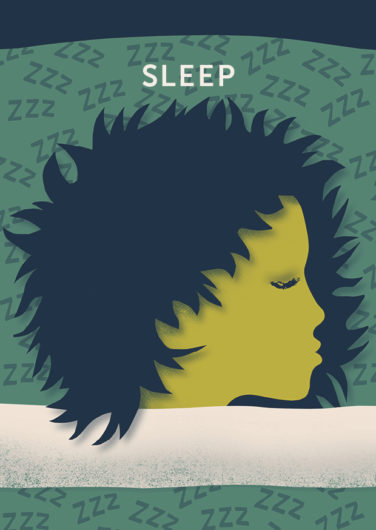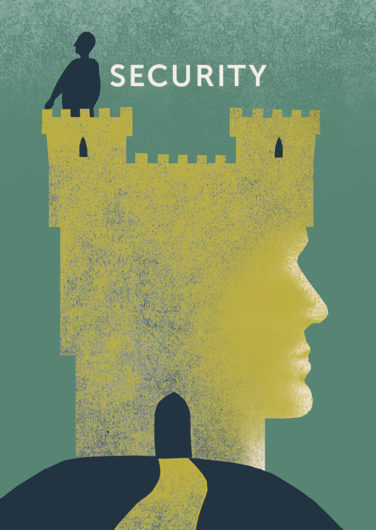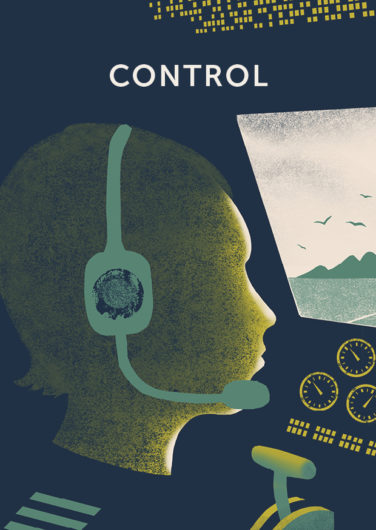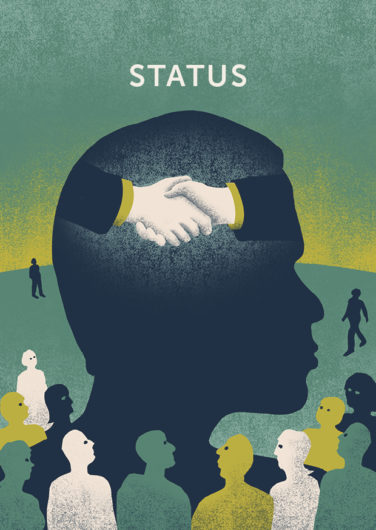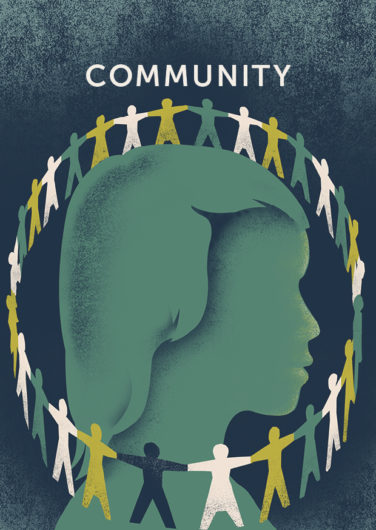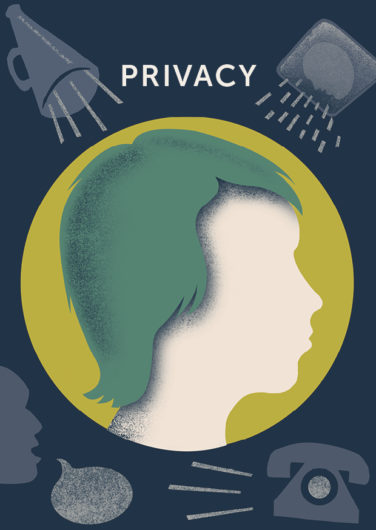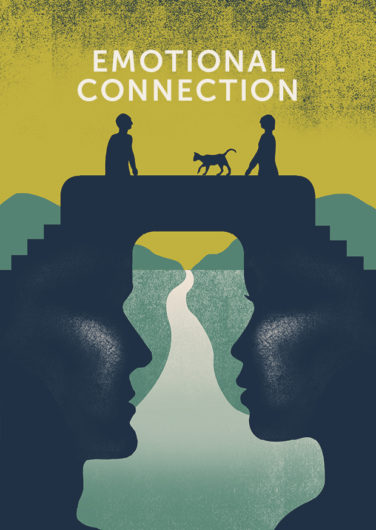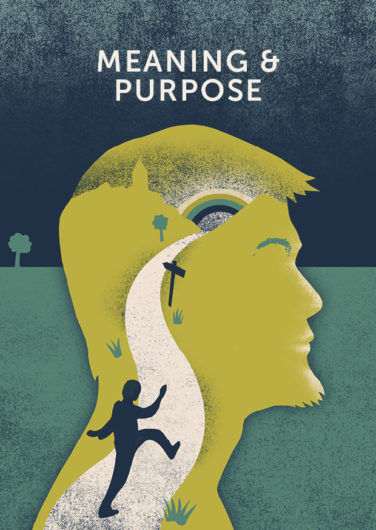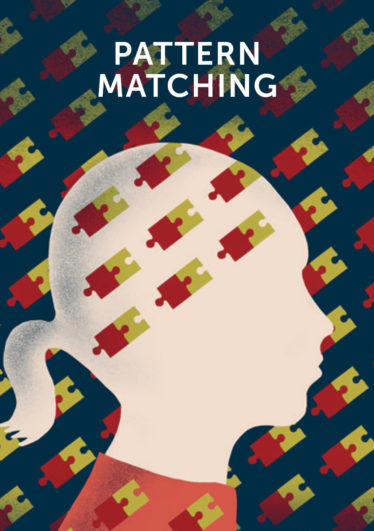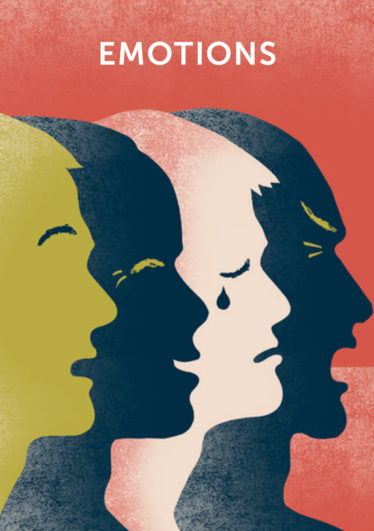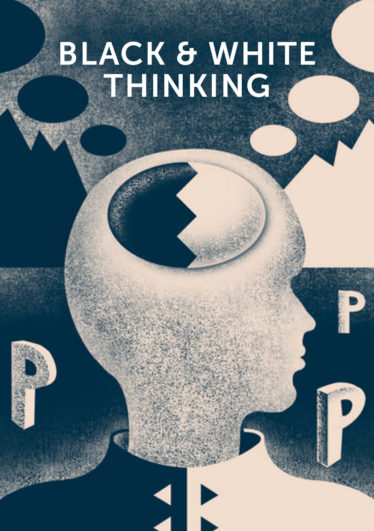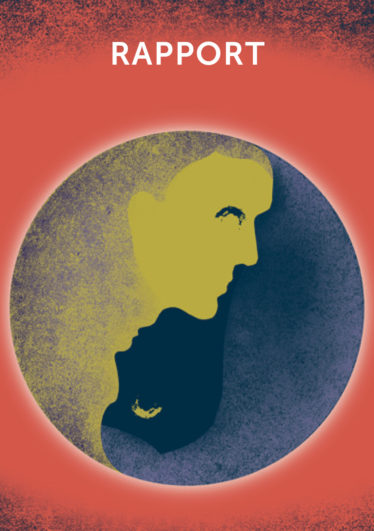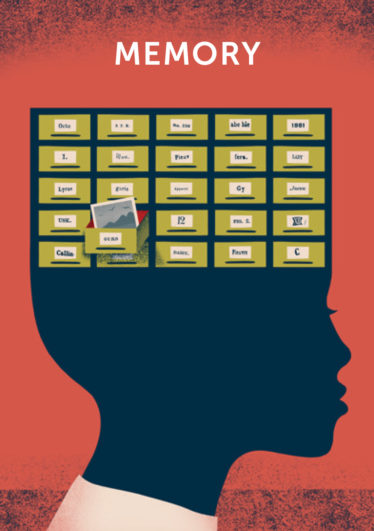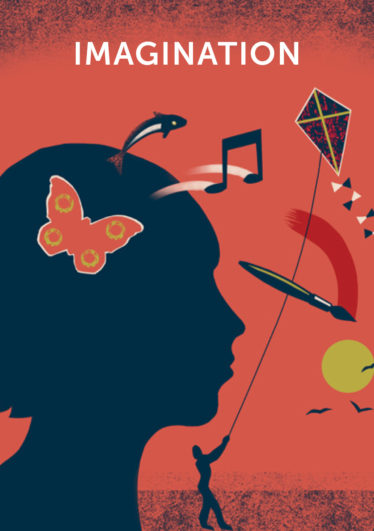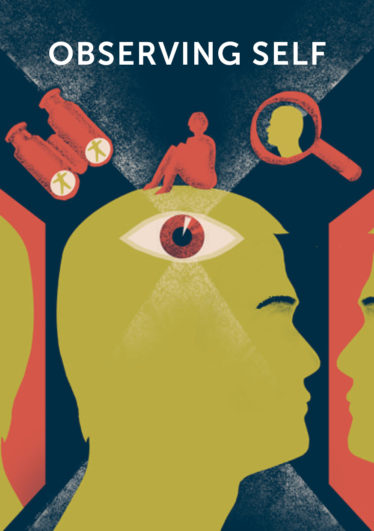About Suffolk Mind

We’re on a mission to make Suffolk the best place in the world for talking about and taking care of mental health!



Working across the Mental Health Continuum
All of us have mental health, just as we have physical health. We are all on the Mental Health Continuum – and we move up and down it depending on how we cope with the challenges of life and the stresses that it creates.
Suffolk Mind supports people from the age of 4 upwards, through:
- The Mental Health Kitbag, skills-based sessions for children and young people, and the adults who support them
- Our support services for over 18s
- The Mental Health Toolkit – our practical mental health training for organisations
Working across the Mental Health Continuum, we aim to provide support and information for everyone.
Emotional Needs & Resources
To influence our services and products we use an ‘organising idea’: that we all have physical and emotional needs and a set of skills and resources that we’re born with to meet those needs. This is referred to as the Emotional Needs & Resources approach.
Sleep
We all need the right amount of sleep in a 24-hour period, about eight hours for the average adult and less as we get older. What can we do to get better sleep? Here are some pointers which experts recommend.
- Learn and practice relaxation exercises to help you to go off to sleep more easily.
- Work on addressing unmet emotional needs – so that there is less to worry about!
- Have regular going to bed and getting times – and stick to them.
- Cut down on caffeine in the second half of the day.
- Avoid watching TV or internet surfing in the two hours before we go to bed.
- Avoid using smartphones in bed.
Read more of our resources on how to meet your need for sleep
Movement
What if we don’t have an exercise routine and don’t find the gym that appealing?
For those of us who are not finely tuned athletes, we can still get the benefit of endorphins which boost our mood and promote emotional wellbeing.
Just 30 minutes brisk walking three to four times a week – getting our heart rate above its resting level – is enough to trigger endorphin release which is equivalent in its effect to anti-depressant medication, and the effects of endorphin release are immediate too – so a quick reward!
Read more of our resources on how to meet your physical need for movement
For more tips on how to meet your need for movement, take a look at Keep Moving Suffolk’s website
Food & drink
Food & drink should be one of life’s pleasures; beyond just eating to live, experiencing new tastes, the feeling of being nourished, and the sense of community which comes from eating and drinking with others. What need are you feeding?
- Don’t chastise yourself overeating and drinking as this serves no purpose, especially if you want to change to become healthier
- Get motivated to make beneficial changes by staying focussed on how good we’re going to feel – and making sure that we still enjoy our food
- Pay attention to which need we are feeding. Are we rewarding ourselves with cakes and biscuits for getting through meetings at work or the end of the day? Are we staving off boredom or feelings of loneliness with sugary foods or a glass of wine? Many of us easily fall into the habit of meeting emotional needs in this way, and becoming aware of it is the first step towards making a change
- Check-in with yourself. Ask, do you fancy something sweet because you’re missing companionship? Can you call a friend and enjoy a meal together? Do you need to make time to pick up a new challenge or get back into a hobby you’ve been ignoring? Ask yourself, what need am I feeding?
Read more of our resources on how to meet your physical need for food & drink
Security
When we feel safe, we think clearly and respond to events sensibly while coping with change. When we feel unsafe, perhaps about our finances or relationships, stress is triggered to get us to act. But too much stress can make it difficult to think clearly about how we can address unmet needs while meeting other needs.
The good news is that we can reduce feelings of stress by taking control of our breathing. Practising a technique sometimes called diaphragmatic or 7/11 breathing can help us to do this:
- Start by placing your hands on your stomach and breathe in filling your stomach up with air and hold it (many of us tend to shallow breathe most of the time)
- Then breathe out more slowly than when you were breathing in. It is the out-breath which stimulates the relaxation response
- Repeat this process, counting to 7 in your mind when breathing in, and to 11 when breathing out. The number doesn’t matter so long as the out-breath is longer than the in-breath. For a really effective exercise, when you know how to do both exercises, combine the two; tightening your muscles when breathing in and relaxing them when breathing out
Read more of our resources on how to meet your emotional need for security
Control
To meet the need for control we need to feel that we have some say over our lives and personal choices. It can be helpful to recognise what we can take personal responsibility for and what we can influence, and accept that there are some things which we cannot control.
Here is one exercise for helping to think more clearly about how we meet the need for control:
- Draw a circle with room to write a list in it of those things in your life which you can influence and exercise control over. These things could be as simple as controlling your breathing, choosing the route you take on the way home or what you do with your spare time
- Draw a bigger circle around the first circle and in this space write down the things which are beyond your influence to control
- Looking only on the list in the smaller circle, plan how you will focus on one of those things a day at a time
Read more of our resources on how to meet your emotional need for control
Attention
We all need to give and receive attention to stay mentally healthy. Too much attention is bad for us, as is too little attention. And we will accept negative attention when positive attention isn’t available. Because most of us are unaware of our need for attention it can be hard to meet in healthy ways. Here are some useful exercises for getting our attention needs met:
- Try to arrange regular face-to-face meet-ups, at home if it’s less expensive, to reduce isolation and meet attention needs for you and your friends
- Social media is designed to attract our attention, leaving us with less attention or headspace, to give to face-to-face relationships and activities we enjoy. Take a break from social media by temporarily deactivating your accounts, perhaps for a week or two. Notice the difference in how much more attention capacity you have
- Cultures differ greatly in how much attention people learn to give each other. Even in the United Kingdom exchanges of attention can vary hugely between regions. People living in rural areas, and particularly the north of the country, are more likely to greet people in a friendly manner, even when they haven’t met before. Practising saying hello to shop staff and asking how they are – if they are good at customer service they are likely to do the same in return – is an easy way to meet the need for attention
Read more of our resources on how to meet your emotional need for attention
Status
We all need to feel valued and that our efforts are appreciated by other people. The way to meet this need in a healthy way is to give people positive feedback for what they have done and tell them why it made a difference.
- Feedback also needs to be relevant and describe specifically what they did. So if somebody helps us with something, thanking them and telling them it made a difficult problem easier, lets them know that they and their efforts are valued
- If a child is seeking approval for their homework, a drawing or housework, praise the amount of effort they put in by telling them, “I can see that you really worked hard at that,” or “I like the way you solved that problem, well done”
- Acknowledging everybody’s contribution builds healthy communities at work and at home. Make it a habit to recognise everybody’s efforts, whether they are a CEO or a janitor
If you feel that your efforts are not being acknowledged and you feel confident enough to do so, ask for constructive feedback. There is an important caveat to this: harsh criticism or put-downs are not constructive criticism – they are a form of bullying. If your need for status and respect are not being met because of bullying, seek advice and start the process of getting out of the environment where the bullying is taking place as soon as possible. Don’t put your mental health and wellbeing at risk.
Read more of our resources on how to meet your emotional need for status
Community
We are social beings who need to belong to groups. When we don’t feel that we are part of groups our stress and anxiety levels can go up. Reducing social isolation lowers stress levels and the risk to mental and physical health. Community groups are also where we find out about other people’s points of view which can give us a richer take on the world. As a rule of thumb, the wider and richer our community groups are in their viewpoints, the healthier our view of reality is likely to be.
Joining groups which meet our need for community can be daunting if we are going for the first time. A first step to building confidence and motivation can be to make a list of activities you have enjoyed in the past. Perhaps going to an arts and crafts group, a reading group or going to the gym. The memory of how we enjoyed an activity can give us enough confidence to take things further. If you have a friend who also enjoys a group activity, buddying up to support each other can be a helpful strategy.
Privacy
As nice as it is to feel that we are members of community groups it’s also important to take time out for ourselves. Having privacy and time alone, allows us to reflect, learn from experience and decide on what is important to us.
Many people get their need for privacy met when they are travelling to and from work. If you are raising a family and have a busy household, then getting time for yourself can be challenging. Think about how you can plan 10 to 20 minutes to yourself each day, free from interruptions, maybe in a park or garden, or in a quiet room. You might choose to use this time to practise a relaxation exercise like 7/11 breathing, or just to let your mind wander and reflect on the next step to improve how you meet needs.
You could also consider agreeing a place in the house where you know you can have some time alone. Alternatively, go for a walk alone for some fresh air and time to yourself.
Read more of our resources on how to meet your emotional need for privacy
Emotional connection
Sharing an emotional connection with another being, whether it’s a partner, close friend or relative, colleague or pet, is essential for mental health and wellbeing. And losing a person we are close to, human or animal, is distressing.
Warning signs which arise when our need for emotional connection is unmet can be seeking emotional intensity in other activities; overworking, gambling, drinking alcohol to excess or spending money we don’t have on things we don’t need.
A feature of modern life which is challenging for our mental health is that as societies have become more fragmented, and people’s need for community is less well met, we tend to rely upon a smaller number of relationships. If these relationships breakdown we can find ourselves isolated and struggling to cope.
This means that we need to work on those relationships and not taking them for granted. We also need better knowledge of how to protect those relationships and keep them healthy. Sharing knowledge about emotional needs as presented here, and on The Mental Health Toolkit: The Essentials workshop, gives you and the people you care about a roadmap or blueprint for improving and protecting relationships. You can reflect and talk about how you can help each other to better meet emotional needs and protect your mental health.
Read more of our resources on how to meet your emotional need for emotional connection
Achievement
We all need to feel that we are achieving things and growing. These don’t have to be huge achievements either. Achievements can be small tasks, like cooking a meal for ourselves, which give us the sense that we are in control of our lives and managing. Achievement is good for our self-esteem; especially if we are doing something we are good at and learning to get better.
Some useful guidelines for meeting the need for achievement are:
- Keep lists of tasks short. Lists which are too long or unrealistic can quickly overwhelm us, increase worrying and disrupt our sleep and self-esteem. Instead, make it easy. Give yourself one easy task you know you can complete in a short space of time, to build confidence with future tasks
- Ignoring the previous point, make a short list of skills you may have learnt when you were young, but take for granted. These can be things like colouring-in, cooking an omelette (the essential skill for world-class chefs), writing a postcard, doing an easy crossword or reading your favourite book. Put some time aside, maybe twenty minutes, to practice the skill and remind yourself of how it feels to do something you are good at
If we are experiencing depression, it can be easy to forget that we are good at things and feel robbed of the motivation even to do the most basic day-to-day tasks. Depression steals confidence and motivation from people, no matter how competent they are when they feel well. If you find that just getting out of bed in the morning feels too much, try breaking things up into the smallest possible steps.
Start by moving to the edge of the bed. When you are at the edge of the bed, focus on pushing the duvet back. Once you have managed to push the duvet back, put one foot on the floor. Notice how it feels to be halfway there before sitting up and putting your second foot on the floor. In your imagination, see yourself standing up and making your way to the bathroom or kitchen. With each small achievement, you may notice your sense of purpose returning, little by little.
Read more of our resources on how to meet your emotional need for achievement
Meaning & purpose
Meeting the need for meaning and purpose is essential for mental health and wellbeing. Finding meaning and purpose in life helps to protect us from feeling pessimistic when life seems unfair or unjust. When we lose our sense of meaning and purpose we become more vulnerable to low mood and depression. To protect ourselves, we can seek meaning and purpose in three kinds of activities:
- From being stretched to learn, as with the need for achievement
- From feeling that we are needed by others, perhaps because we are raising a family, caring for others, or contributing to running a business or running a service which other people rely upon
- From the sense that we are connected to something bigger than ourselves; this might be a religious or political affiliation, volunteering for a charitable cause or seeking knowledge through the study of philosophy, spiritual traditions or science
When we experience adversity in life it can help to reflect, when we are feeling calmer, on what we might learn from that experience. We might learn that a certain career path is not the right one for us. We might learn that we are not going to return to relationships where we were treated badly and that we need to spend time with people who recognise our need to feel valued and respected. We might learn from mistakes not to repeat them.
“The path is in the service of humanity.” Saadi of Shiraz
We might also learn from adversity that we all benefit from having more meaning and purpose in our lives. Many people who come to this conclusion seek out opportunities to serve, perhaps through volunteering, giving their time and sharing knowledge and skills for the benefit of others.
Read more of our resources on how to meet your emotional need for meaning & purpose
Pattern matching
The pattern matching resource is the ability develop long term memory patterns to help us understand the world around us. The more things we experience the more patterns our brain has to draw upon.
As with all our innate resources, we are born with this ability but we need to build on it and develop it. For example, babies are born with the suckling reflex; they have the in-built pattern that sucking equals food. However, when babies are born they will suckle on anything and everything and the pattern is only complete when a baby suckles on a nipple or bottle teat and learns that this is the way that can meet their need for nutrition.
Some pattern matches are generic, like the example above, while others are unique to each individual; dependent on each person’s learning and experience.
Pattern matching is a resource that is crucial to wellbeing. It is key to learning and to expanding our understanding. However, sometimes we can develop harmful patterns that narrow our perspective and these can give rise to mental health difficulties.
Emotions
High emotional arousal can make it harder to keep ourselves both mentally and physically well. When in the grip of strong emotions it is harder to think clearly and use the rational mind that we have been given. However, our emotions are an innate resource that help us meet our needs.
Emotions are a resource that can help gauge our feelings and motivate us to meet our needs in balance. Our emotional brain, however, does not solely influence how we feel but also how we think.
Black & white thinking
When we are emotionally overwhelmed, our ability to think rationally suffers. Our higher thinking brain get’s ‘hijacked’ by our emotional brain and reduces our thinking to black & white thinking, where there are no shades of grey. In other words, our thinking becomes narrowed, focused inwards and pessimistic instead of being broad, open and exploratory.
This black & white thinking that is caused by emotional ‘hijacking’ expresses itself in three ways: through pervasive thinking, that’s the one that goes ‘everything is wrong’; through permanent thinking i.e. ‘nothing is ever going to change’; and through personalised thinking such as ‘I am useless.’
Rational thinking
Our rational mind is a higher thinking brain that can help us to plan, analyse and check out our feelings. But in times of emotional distress, it can be a real challenge to stay thinking clearly.
The key is to lower our emotional arousal by taking measures to calm ourselves down. Once we are calm, our thinking will become clearer and we can utilise the full power of our rational thinking resource to get our needs met.
Dreaming
Dreaming is an inbuilt resource we all have that can help keep us well and help the brain respond afresh to each new day. However, if we find ourselves with too much worry in the day we will do more dreaming as the brain tries its best to calm us down. And this is a problem, because too much dreaming is tiring and it affects the amount of deep, restorative sleep we get. So if we dream too much we will wake up still feeling tired.
The key then is to do our best to get our emotional needs well met so we do not have too much for the dreaming brain to process when we go to sleep.
Rapport
The ability to build rapport is an innate resource we all have to help us connect with, and empathise with, others. It works with our pattern matching resource and our emotions to help us to relate to other people and meet our need for attention and emotional connection.
Building rapport with others can be easier if you have something in common and some people naturally find it easier to build rapport than others. But the ability to build rapport is innate in all of us from birth. Babies are expert rapport builders; those cute gurgles and wide-eyed smiles are calculated to build a connection so that baby gets fed and gets its other needs looked after.
Memory
The ability to draw upon and develop long term memory patterns is a key resource in supporting us to stay well. For without access to our memories, we cannot develop or learn. Memory allows us to draw upon our experiences to help us get our physical and emotional needs met.
When our memory is working well and is used in tandem with our conscious rational mind it can help us to meet our needs well, increase our ability to cope and decrease our worry.
Imagination
Our imagination can help us solve problems, be creative, and consider possible courses of action. In fact, we all constantly use our imagination to our advantage in everyday life: whenever we plan an activity, describe a situation or recall a memory for example.
Observing self
When it comes to meeting our emotional needs we, as human beings, have a resource that, as far as we are aware, no other creature has. It is the ability to reflect on our thinking self, our emotional self and our physical self as if we were outside these; to step outside ourselves and view ourselves in a more objective way. We have been given the observing self, an ability to be aware of our feelings, thoughts and emotions at one remove.
This resource helps us to develop ourselves and become something more than we are at the present moment.

Our priorities
Our education programme – rolled out online, through schools, businesses, statutory services and elsewhere – will help people understand that they have emotional needs that must be met in order to stay mentally well.
By focusing more time and effort on helping people keep themselves well, we hope the resources of the county can be spent in such a way that the NHS is there to help you when you need it.
We will be relentless in encouraging a similar emphasis on prevention among all organisations we interact with. We will encourage employers to recruit and value people with mental health challenges, thus securing better outcomes for the employees and for the profits of those businesses.

The latest news from Suffolk Mind

July 2025: Thank you from Suffolk Mind
?
?
General FAQs
Our registered head office is 26 High Road West, Felixstowe, IP11 9JB. We also have offices in Bury St Edmunds and Saxmundham and provide services across Suffolk, except for Waveney.
Our phoneline and email address is monitored 9:00 to 16:30 Monday to Friday.
While we try to answer all calls during office hours, we do rely on volunteers as well as staff. At times, you may get our answerphone due to a high level of calls or team shortages. When this happens, please do leave us a message and we will aim to contact you on the next working day.
We offer services to support your mental health alongside advice, information, signposting and support.
You can volunteer for us once you are 18. For more details and our current opportunities, please visit our Volunteering page.
Please visit our Donate page to find out more.
There’s a large library of leaflets available in various languages, large print and braille from national Mind.
We have disabled access to most public areas. If you have any particular needs or concerns please call 0300 111 6000 to discuss in confidence.
Presently, Suffolk Mind do not have the ability to offer experience placements. However, we have many volunteering opportunities. You can also apply to join us as a counsellor.
Please visit our contact page.




